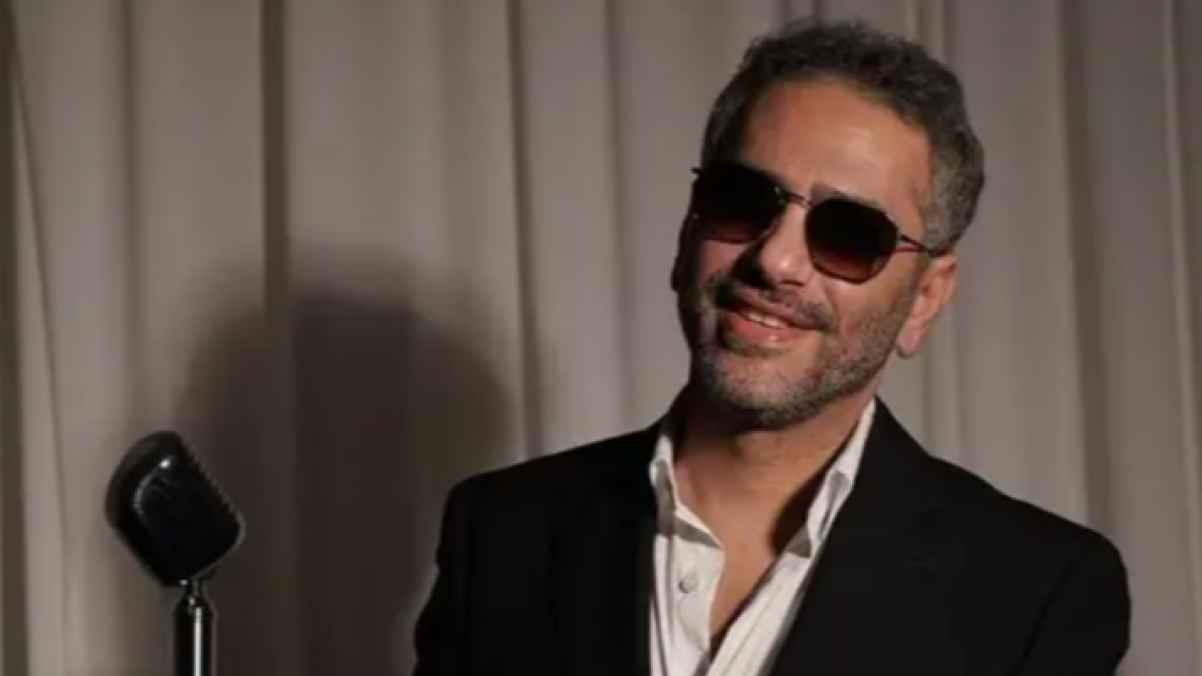New Developments and Behind-the-Scenes of Fadl Shaker’s Trial

Today, Wednesday, Lebanese singer Fadl Shaker appeared before the President of the Criminal Court in Beirut, Judge Bilal Al-Dannawi, in a lawsuit filed by Hilal Hamoud, the imam of Al-Quds Mosque and a Hezbollah official who leads what is known as the “Resistance Brigades,” against Shaker, Sheikh Ahmad Al-Asir, and four others. The charges include forming an armed gang, attempted murder, and firing at him in May 2013.
According to media reports, today's session focused on reading the prosecution statement submitted by Sheikh Hilal Hamoud against Shaker and Al-Asir. The Lebanese singer was also to be asked about any requests he may have and the legal entity representing him. The judge is expected to set the date for the first trial session, classified as a civil criminal case since it was filed by a private individual, with no connection to the previous military court verdicts, which were legally nullified after Shaker surrendered himself to the Lebanese Army Intelligence on October 4.
Threat via loudspeakers
The case dates back to May 25, 2013, nearly a month before the Abra clashes with the Lebanese army. According to the Beirut Prosecutor’s Office, Hilal Hamoud claimed that while at his family home in Abra (Sidon), near the Bilal Bin Rabah Mosque, and while stepping onto the balcony, he was fired upon by armed men, and he heard Fadl Shaker threatening him through the mosque loudspeakers, ordering him to leave the house under the threat of setting the building on fire.
The Prosecutor’s Office noted that the initial investigation by the judicial police was incomplete, as the security personnel did not verify the location of the incident to confirm the shooting, nor were surveillance camera recordings extracted to compare with the complainant's account.
Regarding the Lebanese Military Court, no date has been set yet for Shaker to appear. Judge Claude Ghanem is still reviewing the case file and preparing his notes before transferring it to the Military Court President, Brigadier General Wissam Fayad. Shaker had previously given statements to Lebanese intelligence regarding charges related to the Abra battle on June 23, 2013, including killing and confronting the Lebanese army, joining and financing an armed group, offending a sister state, and money laundering. He had been sentenced in absentia in 2020 to 22 years in prison, but the verdicts became legally void after he surrendered, which means he will face a new trial.
The new rulings are expected to be issued in stages rather than in a single session due to the case’s complexity and the number of witnesses. Both the military prosecution and Fadl Shaker have the right to appeal, and the Military Court can release him at any stage of the trial. Such a decision can also be appealed before the Military Court of Cassation.
